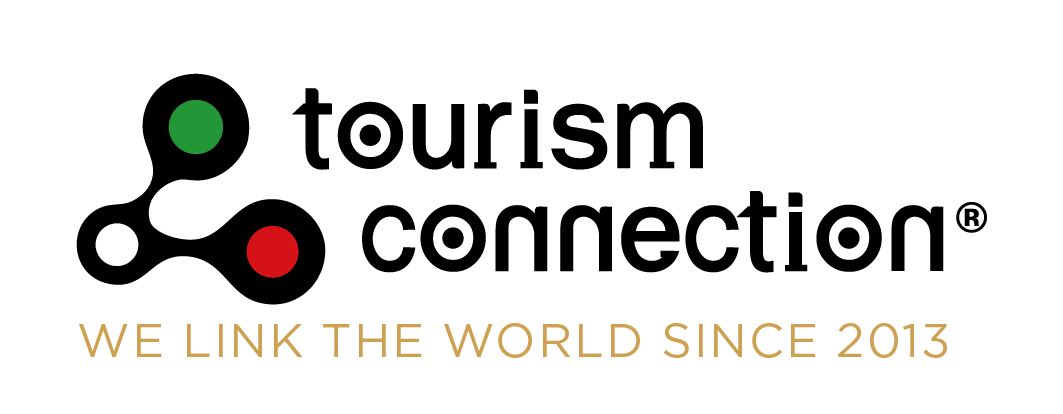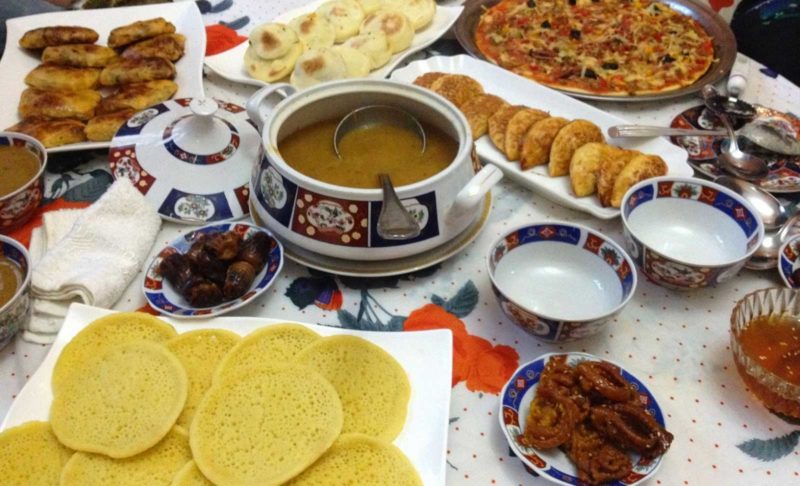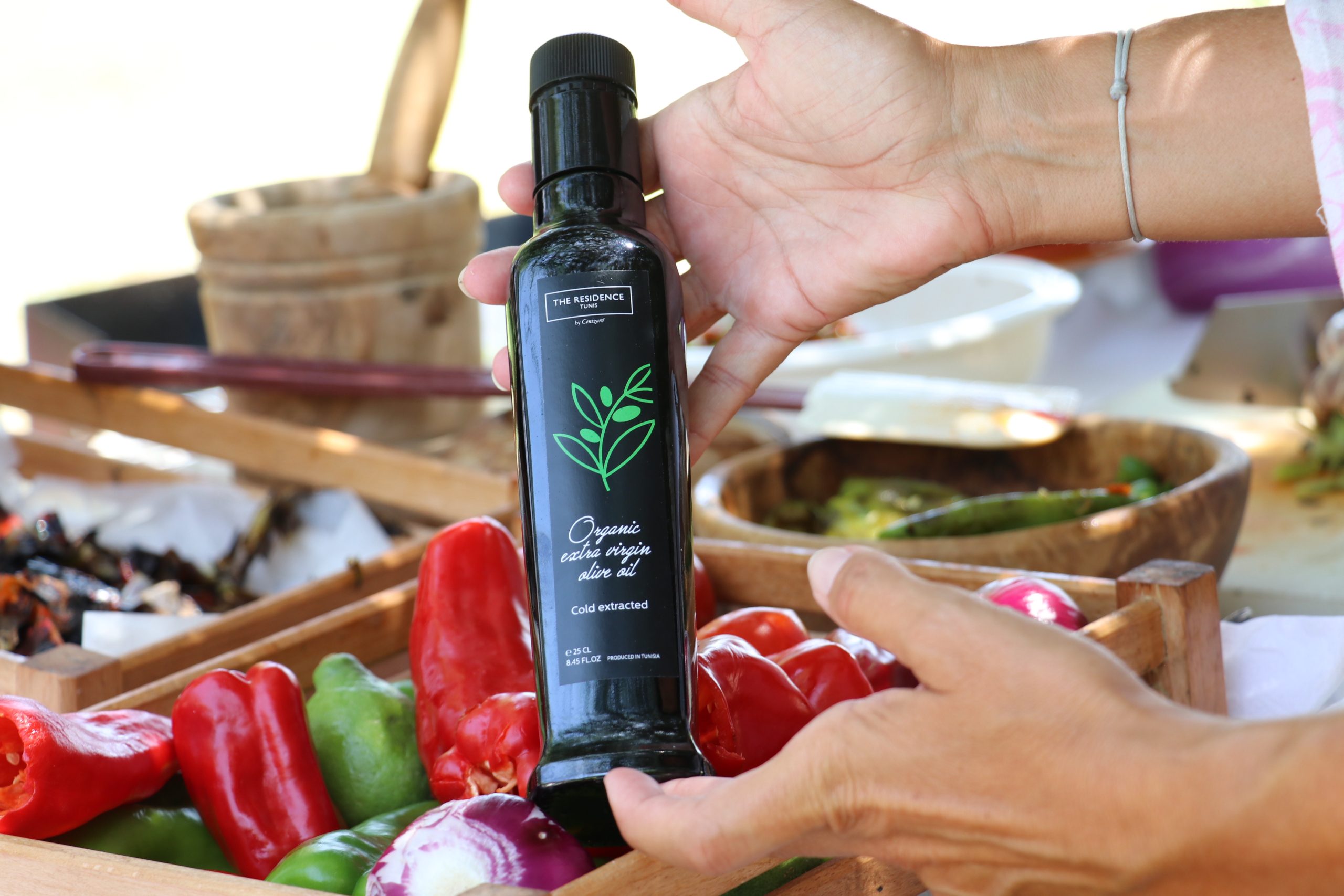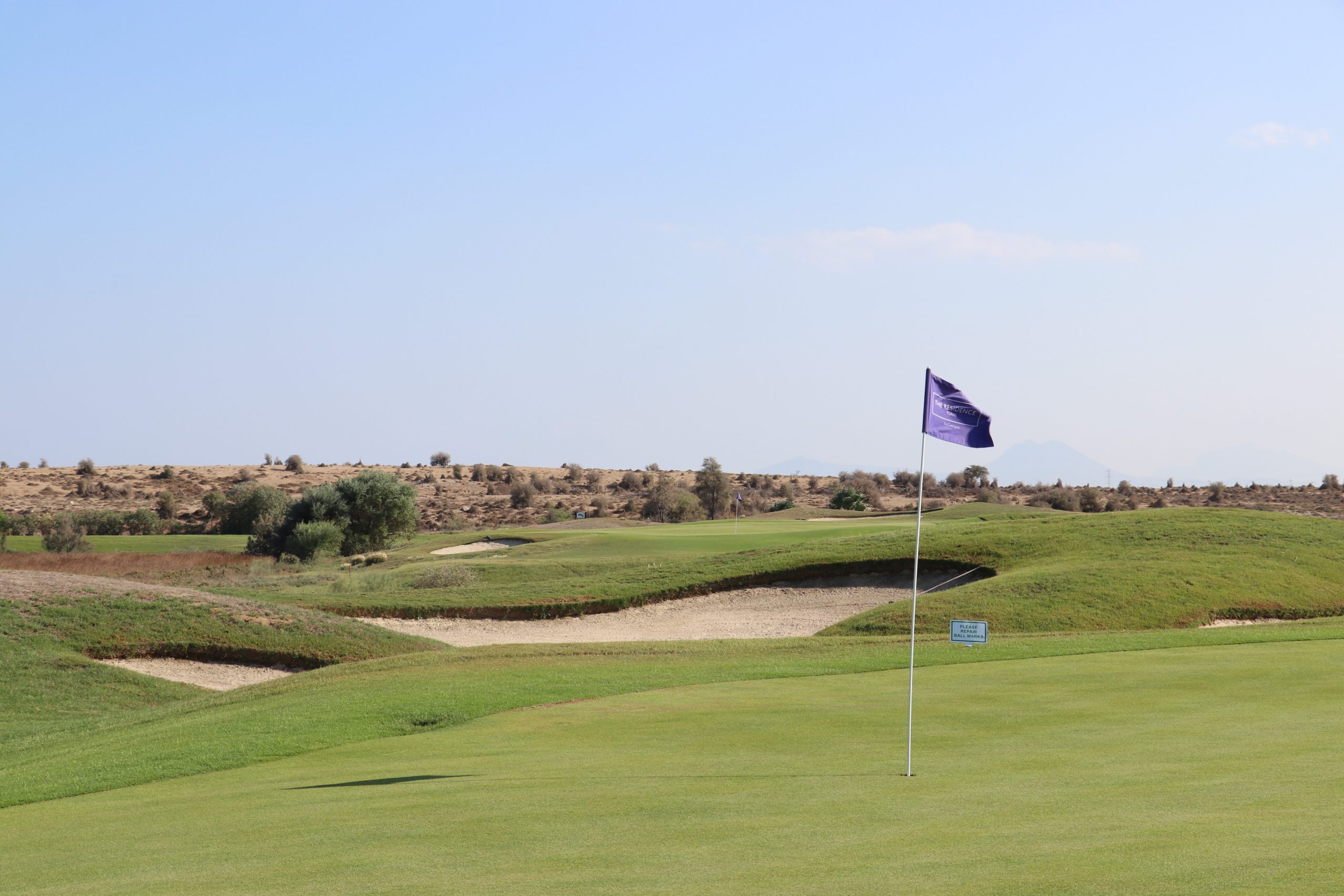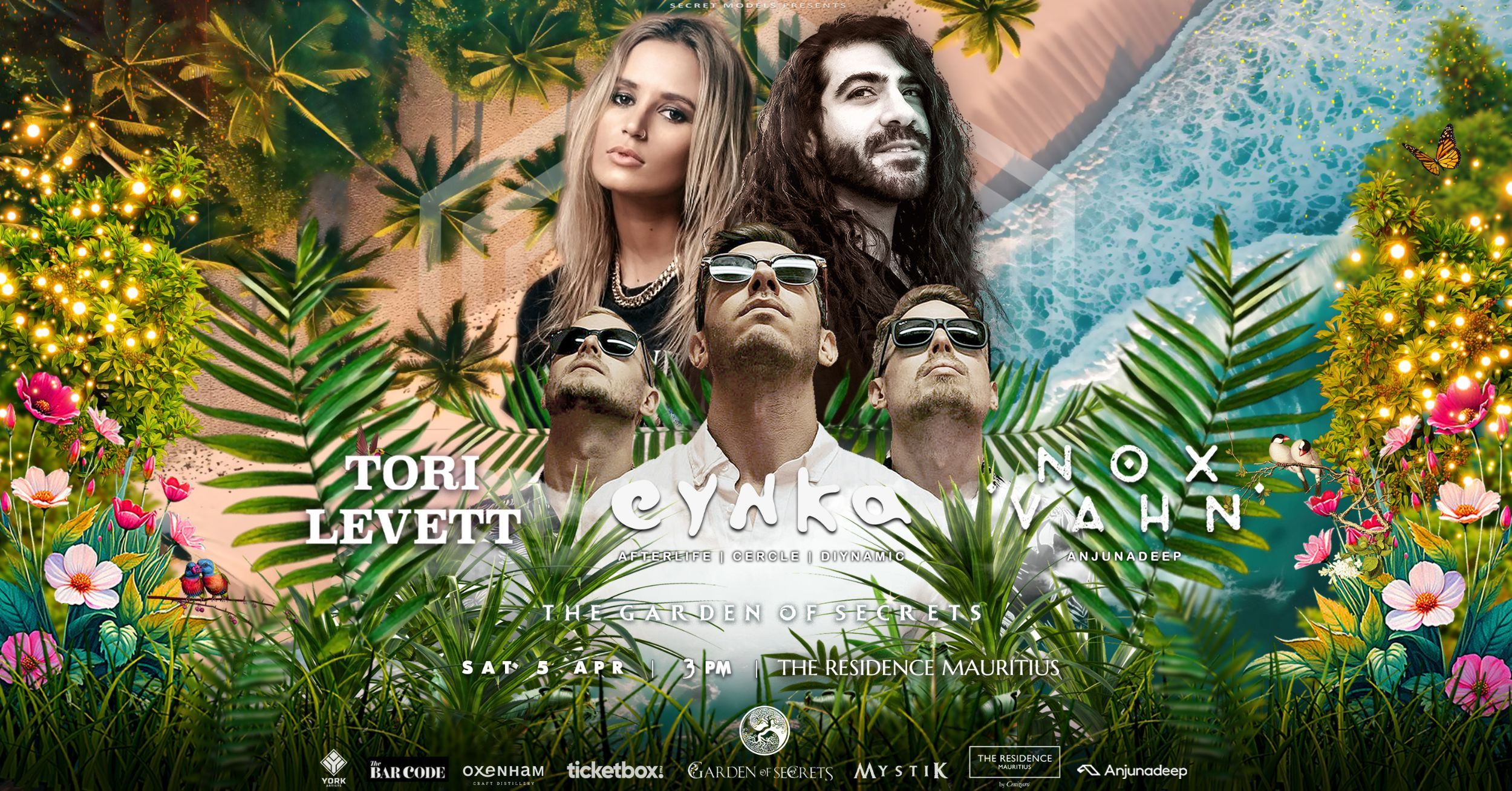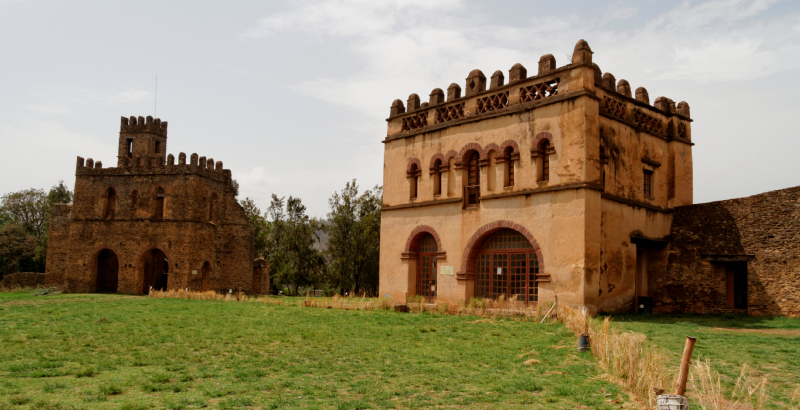[:it]Il Ramadan corrisponde al 9° mese del calendario islamico e la sua cadenza varia di anno in anno in quanto il calendario si basa sulle fasi lunari. Ed è il mese dedicato al DIGIUNO (sawan), uno dei cinque pilastri dell’Islam
Quest’anno, in Marocco, il Ramadan inizia il 5 Maggioe terminerà il 4 Giugno
E’ un momento molto significativo: dall’alba al tramonto tutti i musulmani in età adulta sono tenuti ad osservare l’astinenza (o digiuno) da cibi, bevande, tabacco, attività sessuali per concentrarsi sul proprio rinnovamento spirituale.
E la vita si trasforma e funziona al rallentatore, dato che il digiuno non è facile da sopportare per nessuno…
Al tramonto, dopo la quarta preghiera della giornata, ci si raduna tutti per l’iftar, il pasto che viene consumato per rompere il digiuno e che consiste di datteri, zuppa di verdure (harira), e chebakia (dolci tipici), latte e acqua a volontà.
I servizi pubblici e spesso anche i negozi applicano un orario ridotto per adattarsi a queste nuove abitudini
E la sera diventa il momento più vivo e folcloristico della giornata, quando le strade si riempiono di vita, di luci, di musica e di dolci tentazioni ad ogni angolo. Dopo un iftar con datteri e altri cibi saporiti, le persone di ogni età si concedono qualche dolce conforto e spesso fanno festa fino a tardi.
Nessun ospite straniero di altra religione è tenuto all’osservanza del digiuno (d’altronde neanche i musulmani in viaggio ne sono obbligati), però è bene evitare, per rispetto e solidarietà, di mangiare e bere in pubblico davanti ad altre persone che praticano l’astinenza.
Ed è importante rispettare il momento della preghiera islamica e della “rottura del digiuno” ed essere comprensivi quando guide e autisti, camerieri o negozianti si assentano dai loro posti di lavoro…
Si tratta di una condizione particolare che potrebbe causare al viaggiatore lievi disagi ma che può essere altrettanto interessante dal punto di vista sociologico. Potrebbe anche capitare, qualora si entrasse in particolare amicizia con una persona del luogo che vengano offerti dei dolci oppure invitati ad una festa in famiglia. Ed accettando l’invito si rende onore alla sua casa ed allo spirito del Ramadan, oltre che a vivere un’esperienza nuova e diversa.
La festa che segna la fine del Ramadan è l’ Eid -el Fitred è la seconda festa per importanza della religione musulmana.
